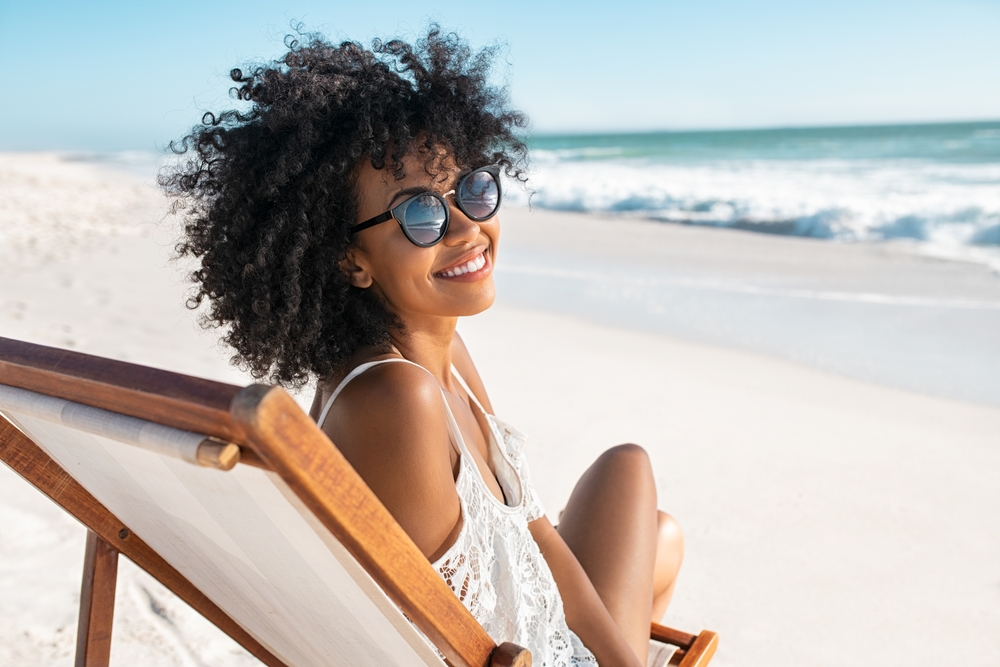As summer peaks, the allure of achieving that perfect sun-kissed glow intensifies. However, the concept of acquiring a base tan as a means to protect against sunburn and skin damage is a widespread misconception that needs addressing.
The myth of the base tan
Many believe that a pre-vacation tan can prevent future sun damage. This notion persists despite evidence suggesting that any tanning is a sign of skin damage. Dermatologists confirm that there is no such thing as a safe tan, and the idea that a tan can protect against skin cancer or sunburn is fundamentally flawed.
Understanding skin protection
When exposed to sunlight, the skin produces melanin to shield itself from UV damage. This process, while giving the skin its tanned appearance, offers minimal protection. In fact, a typical tan only provides about SPF 3 protection, significantly lower than the SPF 30 minimum recommended by the American Academy of Dermatology.
Health risks of tanning
Tanning, whether from natural sunlight or tanning beds, can lead to various skin issues, including premature aging, dark spots, and an increased risk of skin cancer. It’s crucial to understand that a tan, rather than being a shield, is actually an indicator of skin damage.
Safe sun practices
Despite the risks associated with excessive sun exposure, it’s not advisable to avoid the sun entirely. Sunlight is a natural source of Vitamin D and has other health benefits. However, moderation and protection are key. Here are some tips for enjoying the sun safely:
- Use sunscreen with an SPF of 30-50 and reapply every two hours, especially outdoors.
- Seek shade during peak sun hours from 10 AM to 2 PM.
- Wear protective clothing and hats to cover exposed skin.
- Opt for self-tanning products instead of tanning beds.
- Ensure regular dermatological checkups to monitor skin health.
While the desire for a bronzed look is understandable, it’s important to prioritize skin health over aesthetics. By debunking the myth of the base tan and adopting safer sun practices, we can protect our skin while still enjoying outdoor activities.





